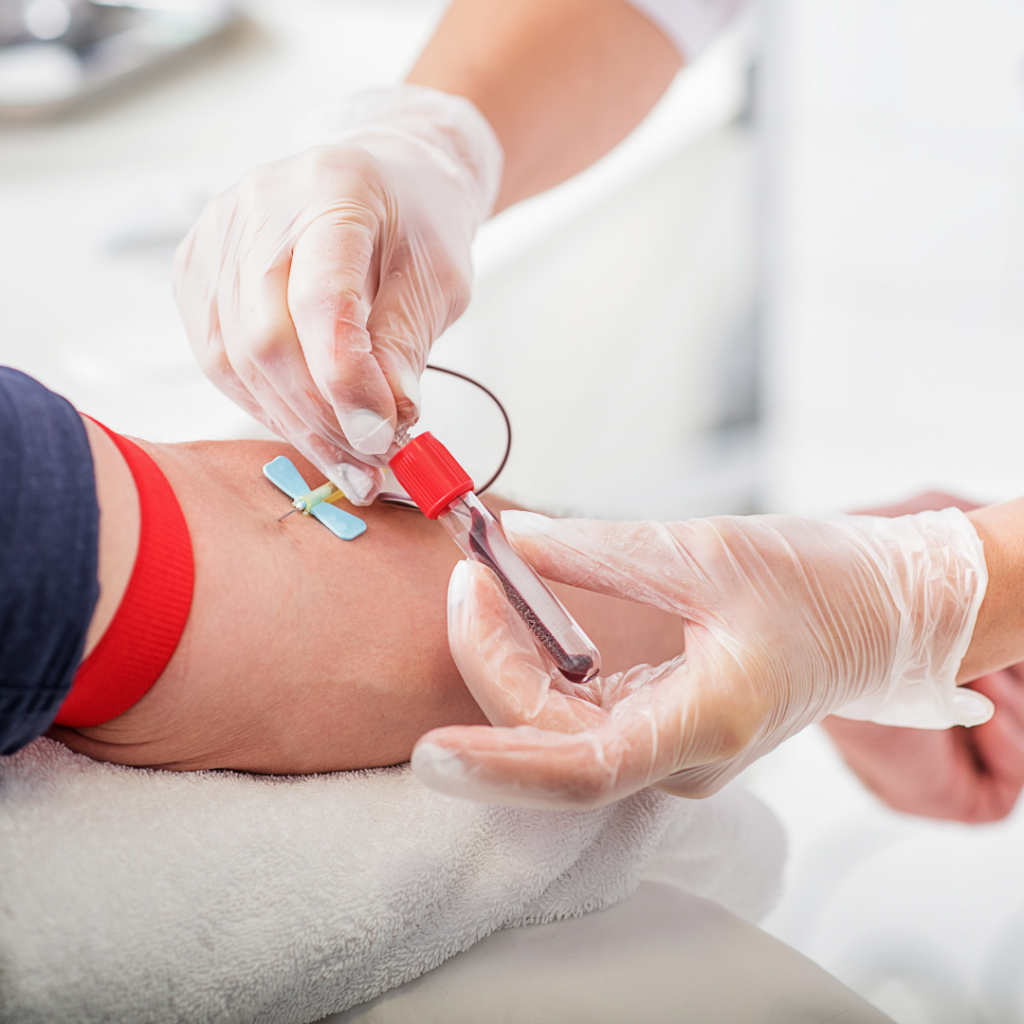Two of the possible causes of iron deficiency in adults are not having enough iron in your diet and blood loss. Women tend to be more prone to iron deficiency, especially when they are pregnant or menstruating.
Living an active lifestyle can also cause iron deficiency. Training for athletic activities promotes red blood cell production, and this process requires iron.
For both these groups of women, athletes and those that fall into the reproductive age group, diet alone is often not enough to meet their iron needs. In fact, the World Health Organization notes iron deficiency as one of the most common nutritional deficiencies.
What causes iron deficiency in females?
Females tend to be at a higher risk of iron deficiency than males. During their reproductive years, women experience regular blood loss due to menstruation.
According to the Centers for Disease Control and Prevention (CDC), the average menstrual bleeding occurs for 4 to 5 days. The amount of blood lost ranges from 2 to 3 tablespoons.
Along side this, it is important to understand that every female menstruation cycle is different. It is not uncommon for a woman to experience heavy menstrual bleeding. In those cycles, a woman menstruates more or longer than a typical period cycle.
If you are experiencing excess bleeding during menstruation, please consult your doctor. A pelvic ultrasound may benefit you and may help identify any sources of excess bleeding such as fibroids. Like iron-deficiency anemia, uterine fibroids typically go unseen due to a lack of overt symptoms.

What causes severe iron deficiency?
Some of the common symptoms of iron deficiency include:
- Fatigue
- Dizziness
- Breathlessness
- Feeling cold
- Pale skin
- Brittle nails
It can be easy to dismiss these symptoms as your body works to combat the deficiency by using up your iron stores. Without adequate iron, either through diet or supplements, your iron deficiency can become severe.
The symptoms associated with iron deficiency can affect your quality of life. If you experience any of the symptoms listed above, it is recommended to talk to your healthcare practitioner and ask to test your iron levels.
What causes iron deficiency anemia?
Iron deficiency anemia is simply a prolonged period of iron deficiency being left untreated. When your body has depleted its iron stores, and continues to receive inadequate amounts of iron, anemia sets in.
With iron deficiency anemia, your hemoglobin levels decrease as does you red blood cell counts. Iron deficiency anemia not only leads to fewer red blood cells, it causes the cells to become smaller in size as well.
It is important to get your iron levels tested, as your physician can accurately diagnose where your have an iron deficiency or iron deficiency anemia.

Iron deficiency supplements
The first step in treating your iron deficiency is going over your diet to make sure it includes iron-rich foods. After you have included as many iron-rich foods that fit your lifestyle and diet, your blood tests may still reveal that your iron levels have not increased. If this is the case, your healthcare practitioner may recommend iron supplements.
There are many different iron supplementation methods. Iron supplements come in pill or tablet forms, and also as powders and injectables. Iron supplement pills and tablets are the most popular.
There is a key difference in iron supplements available in Canada. Some iron supplements are non-heme iron supplements where the iron is derived from plant foods. The other type of iron supplement is heme iron supplements, where the iron is sourced from animals.
Heme iron is easily absorbed by the body through a dedicated receptor, the heme carrier protein 1 (HCP1). Optifer Alpha is a heme iron supplement that you can take without vitamin C and without giving up your coffees and teas. While iron supplements may lead to cramping and abdominal bloating, OptiFer Alpha has low side effects so you can increase your iron levels. Learn more here.
References:
- https://health.clevelandclinic.org/how-to-add-more-iron-to-your-diet/
- https://www.redcrossblood.org/donate-blood/blood-donation-process/before-during-after/iron-blood-donation/iron-rich-foods.html
- https://www.healthline.com/nutrition/healthy-iron-rich-foods
- https://www.webmd.com/diet/iron-rich-foods#1
- https://www.mayoclinic.org/diseases-conditions/iron-deficiency-anemia/symptoms-causes/syc-20355034



